 Welcome
Welcome
“May all be happy, may all be healed, may all be at peace and may no one ever suffer."
Precocious puberty
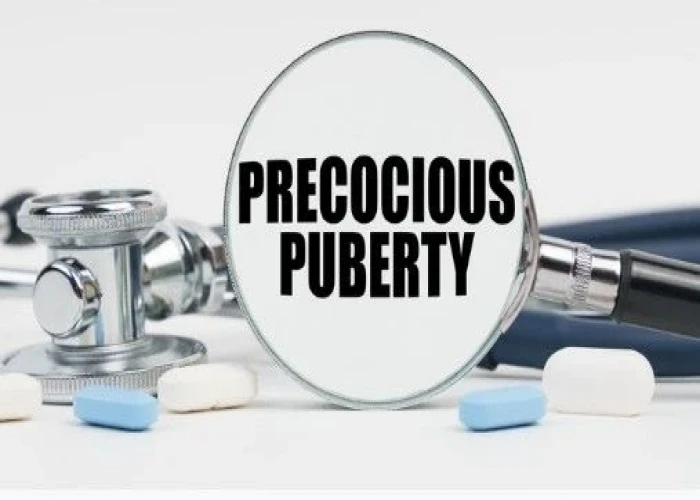
Precocious puberty is a condition in which a child begins to go through puberty earlier than normal, typically before the age of 8 in girls and before the age of 9 in boys. Puberty is the period during which a child's body changes and matures into an adult body capable of reproduction.
The signs and symptoms of precocious puberty can include breast development in girls, testicular enlargement in boys, pubic or underarm hair growth, rapid height growth, and acne. The causes of precocious puberty can vary, but it may be related to underlying medical conditions such as a tumor, genetic disorders, or exposure to certain hormones or toxins.
The treatment for precocious puberty may depend on the underlying cause, but may include medications to slow down or delay puberty, hormone therapy to normalize hormone levels, and surgery or radiation therapy to remove tumors or other abnormalities. Psychological support may also be necessary to help children and families cope with the emotional and social challenges of early puberty.
Early diagnosis and treatment of precocious puberty is important to prevent potential complications, such as reduced adult height, fertility problems, and emotional and social difficulties. Regular check-ups with a healthcare provider can help monitor a child's growth and development and detect any signs of precocious puberty.
Research Papers
Disease Signs and Symptoms
- Abnormal breast growth
- Testicle pain
- Rapid growth
Disease Causes
Precocious puberty
To understand what causes precocious puberty in some children, it's helpful to know what causes puberty to begin. The brain starts the process with the production of a hormone called gonadotropin-releasing hormone (GnRH).
When this hormone reaches the pituitary gland — a small bean-shaped gland at the base of your brain — it leads to the production of more hormones in the ovaries for females (estrogen) and the testicles for males (testosterone).
Estrogen is involved in the growth and development of female sexual characteristics. Testosterone is responsible for the growth and development of male sexual characteristics.
Why this process begins early in some children depends on whether they have central precocious puberty or peripheral precocious puberty.
Central precocious puberty
The cause for this type of precocious puberty often can't be identified.
In central precocious puberty, the puberty process starts too soon. The pattern and timing of the steps in the process are otherwise normal. For the majority of children with this condition, there's no underlying medical problem and no identifiable reason for the early puberty.
In rare cases, central precocious puberty may be caused by:
- A tumor in the brain or spinal cord (central nervous system)
- A defect in the brain present at birth, such as excess fluid buildup (hydrocephalus) or a noncancerous tumor (hamartoma)
- Radiation to the brain or spinal cord
- Injury to the brain or spinal cord
- McCune-Albright syndrome — a rare genetic disease that affects bones and skin color and causes hormonal problems
- Congenital adrenal hyperplasia — a group of genetic disorders involving abnormal hormone production by the adrenal glands
- Hypothyroidism — a condition in which the thyroid gland doesn't produce enough hormones
Peripheral precocious puberty
Estrogen or testosterone in your child's body causes this type of precocious puberty.
The less common peripheral precocious puberty occurs without the involvement of the hormone in your brain (GnRH) that normally triggers the start of puberty. Instead, the cause is release of estrogen or testosterone into the body because of problems with the ovaries, testicles, adrenal glands or pituitary gland.
In both girls and boys, the following may lead to peripheral precocious puberty:
- A tumor in the adrenal glands or in the pituitary gland that releases estrogen or testosterone
- McCune-Albright syndrome, a rare genetic disorder that affects the skin color and bones and causes hormonal problems
- Exposure to external sources of estrogen or testosterone, such as creams or ointments
In girls, peripheral precocious puberty may also be associated with:
- Ovarian cysts
- Ovarian tumors
In boys, peripheral precocious puberty may also be caused by:
- A tumor in the cells that make sperm (germ cells) or in the cells that make testosterone (Leydig cells).
- A rare disorder called gonadotropin-independent familial sexual precocity, which is caused by a defect in a gene, can result in the early production of testosterone in boys, usually between ages 1 and 4.
Disease Prevents
Precocious puberty
Some of the risk factors for precocious puberty, such as sex and race, can't be avoided. But, there are things you can do to reduce your child's chances of developing precocious puberty, including:
- Keeping your child away from external sources of estrogen and testosterone — such as prescription medications for adults in the house or dietary supplements containing estrogen or testosterone
- Encouraging your child to maintain a healthy weight
Disease Treatments
The primary goal of treatment is to enable your child to grow to a normal adult height.
Treatment for precocious puberty depends on the cause. However, in some cases, there is no identifiable cause for precocious puberty. In this instance, your child may not need treatment depending on his or her age and how rapidly puberty is progressing. Your child's doctor may want to monitor your child for several months to see how he or she is developing.
Treating central precocious puberty
Most children with central precocious puberty, in which there's no underlying medical condition, can be effectively treated with medication. This treatment, called GnRH analogue therapy, usually includes a monthly injection of a medication, such as leuprolide acetate (Lupron Depot), or triptorelin (Trelstar, Triptodur Kit), which delays further development. Some newer formulations can be given at longer intervals.
The child continues to receive this medication until he or she reaches the normal age of puberty. On average, 16 months after he or she stops receiving the medication, the process of puberty begins again.
Another treatment option for central precocious puberty is a histrelin implant (Supprelin LA), which lasts for up to a year. This treatment is effective for central precocious puberty without the pain and inconvenience of regular injections, but it does require a minor surgical procedure. The implant is placed under your child's skin through an incision in the inner area of the upper arm. After a year, the implant is removed and, if necessary, replaced with a new implant.
Treating an underlying medical condition
If another medical condition is causing your child's precocious puberty, treatment of that condition is necessary to stop the progress of puberty. For example, if a child has a tumor that's producing hormones and causing precocious puberty, puberty usually will stop when the tumor is surgically removed.
Disease Diagnoses
Disease Allopathic Generics
Disease Ayurvedic Generics
Disease Homeopathic Generics
Disease yoga
Precocious puberty and Learn More about Diseases

Ebola virus and Marburg virus
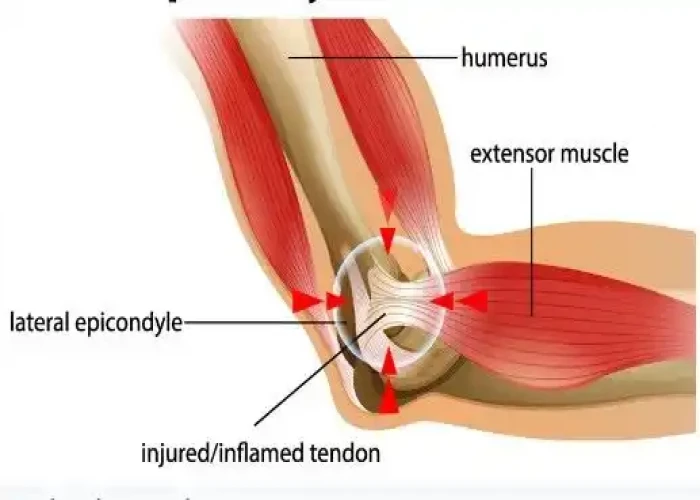
Tennis elbow
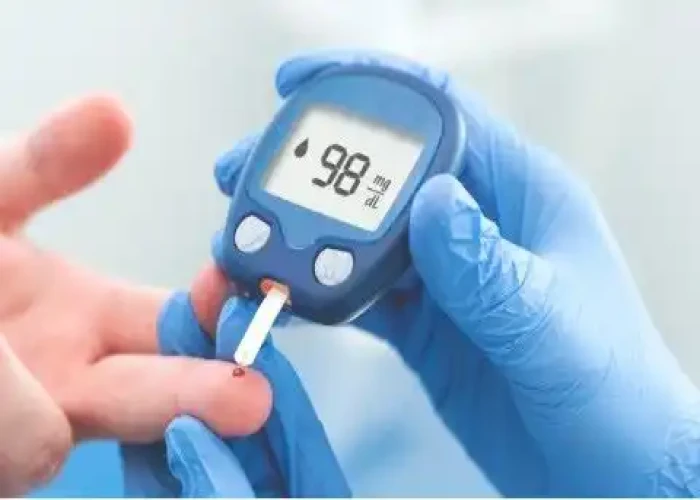
Type 2 diabetes in children
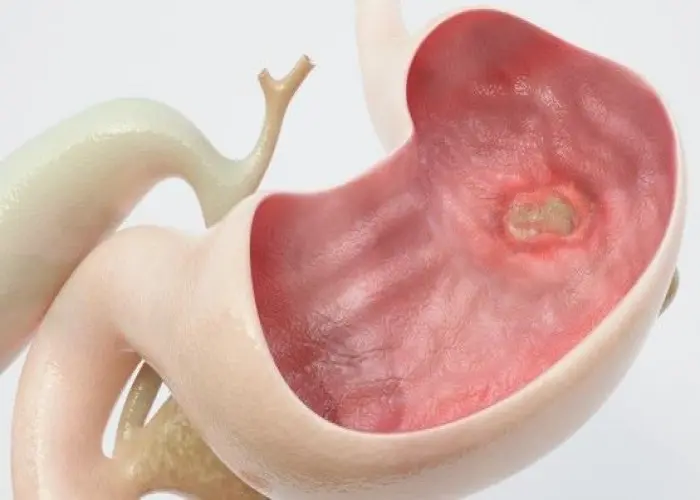
Gastric Ulcer
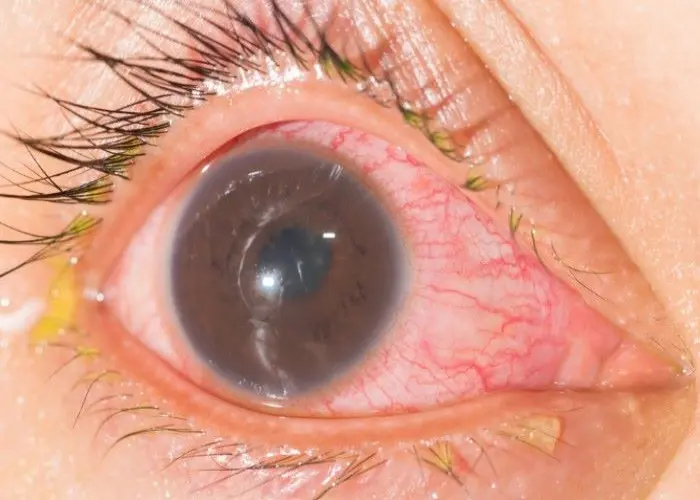
Iritis
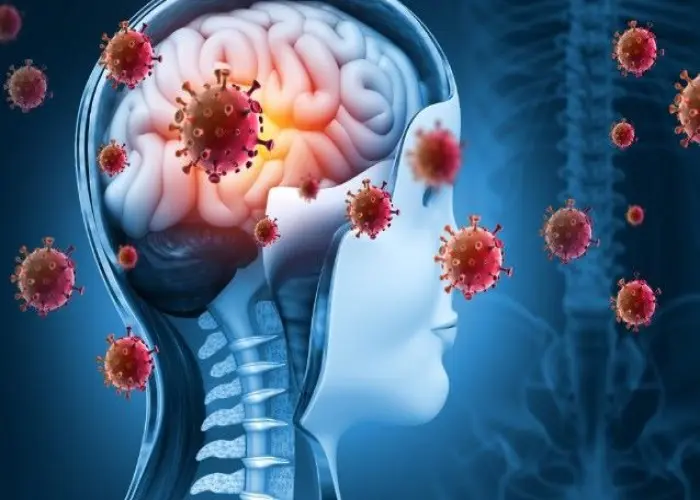
Encephalitis
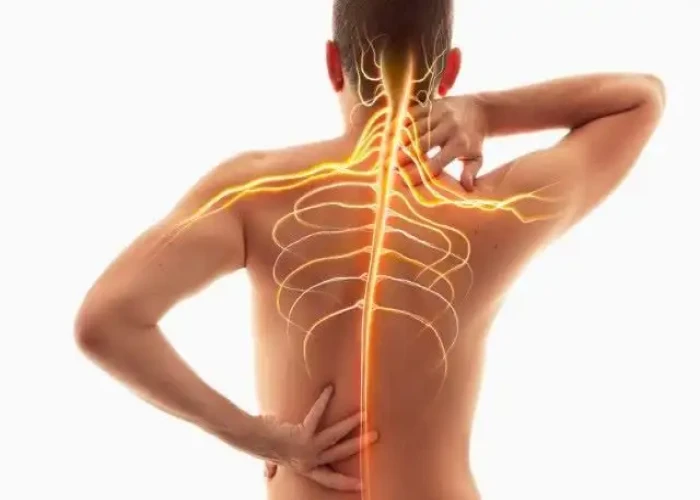
Spinal headaches
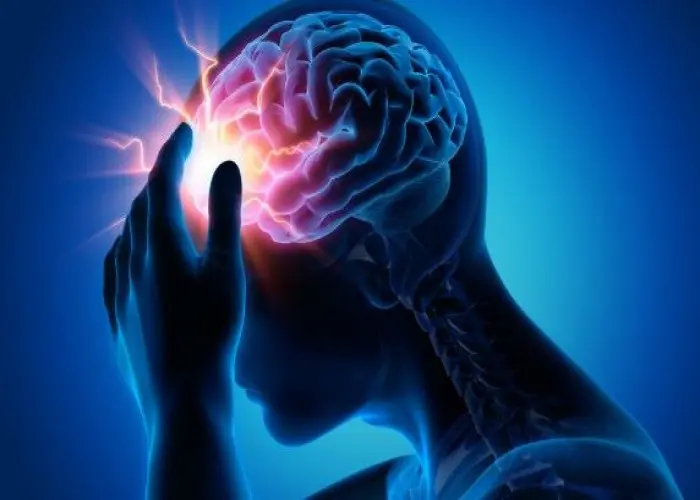
Headaches in children
precocious puberty, ইঁচড়ে পাকা বয়ঃসন্ধি
To be happy, beautiful, healthy, wealthy, hale and long-lived stay with DM3S.
